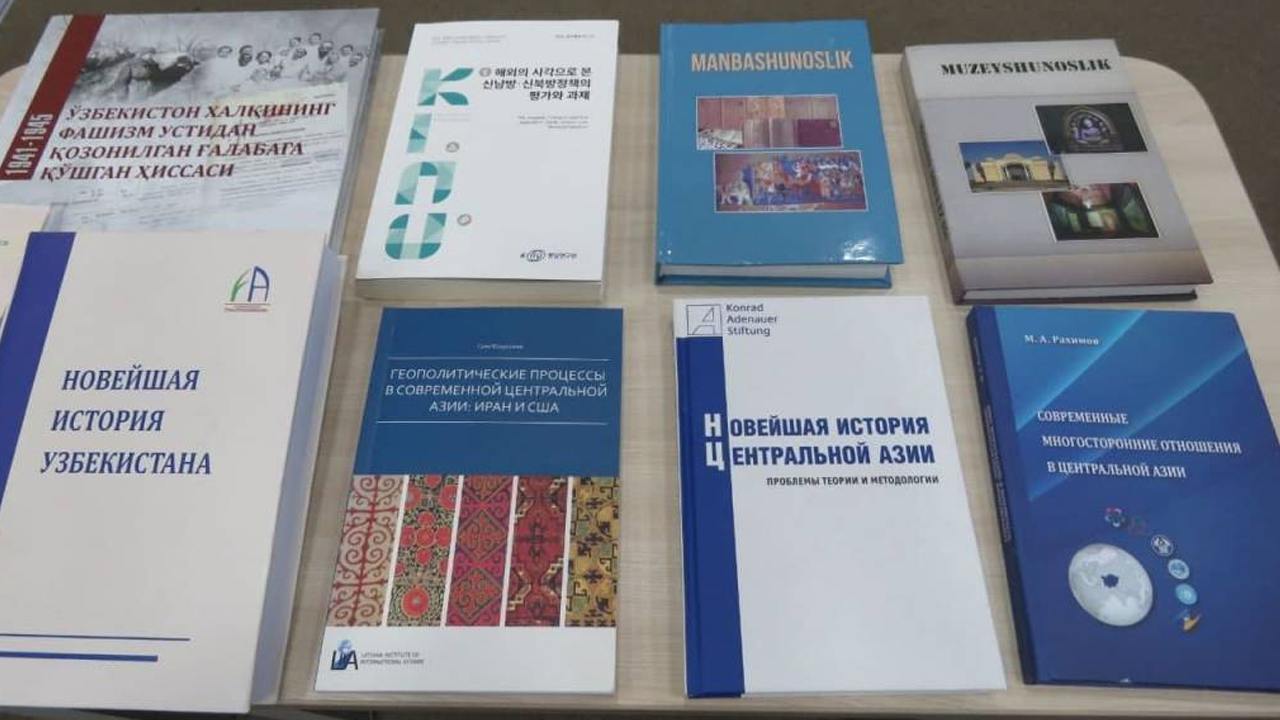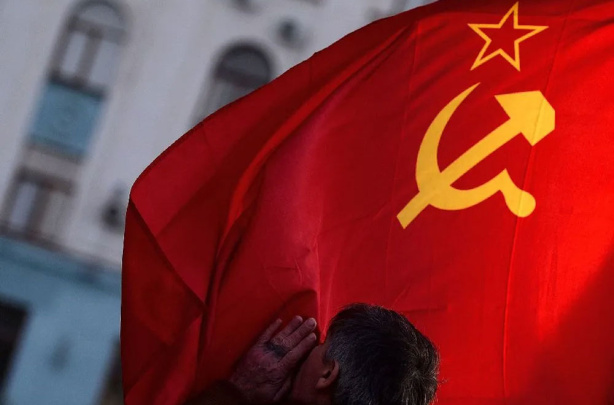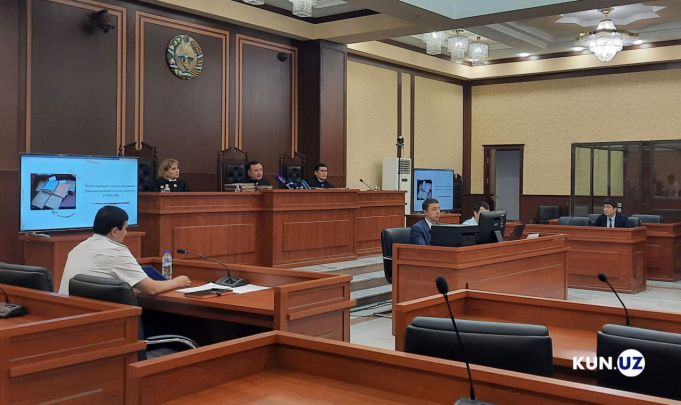Russia’s Academy of Sciences concerned about growing “Russophobia” in ex-Soviet States’ textbooks
Russia has expressed concern over being portrayed negatively in the history textbooks of several former Soviet states. According to a study conducted by researchers from the Russian Academy of Sciences' Institute of Scientific Information on Social Sciences, these textbooks often depict Russia as a colonial power that oppressed local populations and influenced their cultures.

Razil Guzayev, one of the co-authors of the study, told RBC that in many textbooks, Russia is portrayed as a dominant force that exploited the territories it controlled. The Russian Academy of Sciences warns that such portrayals could contribute to the development of anti-Russian sentiment, xenophobia, and Russophobia in the future.
Kazakhstan was cited as a prominent example in the study. History textbooks in the country describe Russia's occupation as a colonial military policy aimed at exploiting natural resources and controlling the population. These textbooks also highlight the 1921 famine, which caused mass deaths and protests, while Pyotr Stolypin’s resettlement policies are presented as a source of social conflict.
In Azerbaijan, the establishment of Soviet rule is depicted as a military occupation designed to suppress the population, while modern textbooks also emphasize Russia's role in the Nagorno-Karabakh conflict.
Armenia's newer textbooks describe the annexation of Eastern Armenia by Russia as a forced act of aggression. In the past, the Russian Foreign Ministry had even labeled these materials as "provocative."
In Uzbekistan, Russia's imperial and Soviet rule is portrayed as damaging to the country’s national identity and economy.
Meanwhile, Kyrgyzstan and Tajikistan offer a somewhat more positive view of Russia’s influence, particularly in terms of economic and educational development during the Soviet era.
The study also revealed that Russia’s negative portrayal is not limited to former Soviet republics. In Israeli textbooks, both the Russian Empire and the Soviet Union are depicted as anti-Semitic regimes. In Iran, Russian policy is described as interfering in the country's internal affairs, supporting regimes that primarily served Russia's own interests.
Related News

18:58 / 25.09.2024
British Museum hosts unique exhibition featuring Uzbekistan’s historical artifacts

15:08 / 04.09.2024
Alisher Kadyrov urges legal ban on Soviet propaganda, calling it a betrayal of the Uzbek nation

18:49 / 03.09.2024
Samarkand resident who campaigned for USSR restoration brought to criminal liability

14:38 / 07.05.2024



